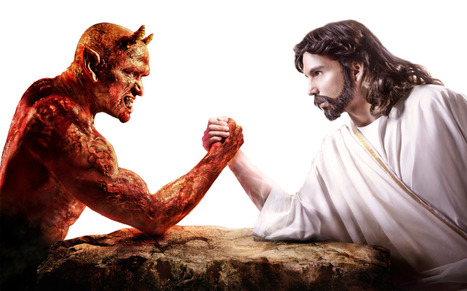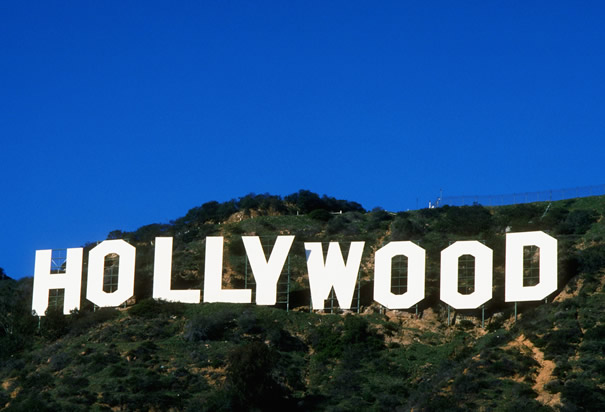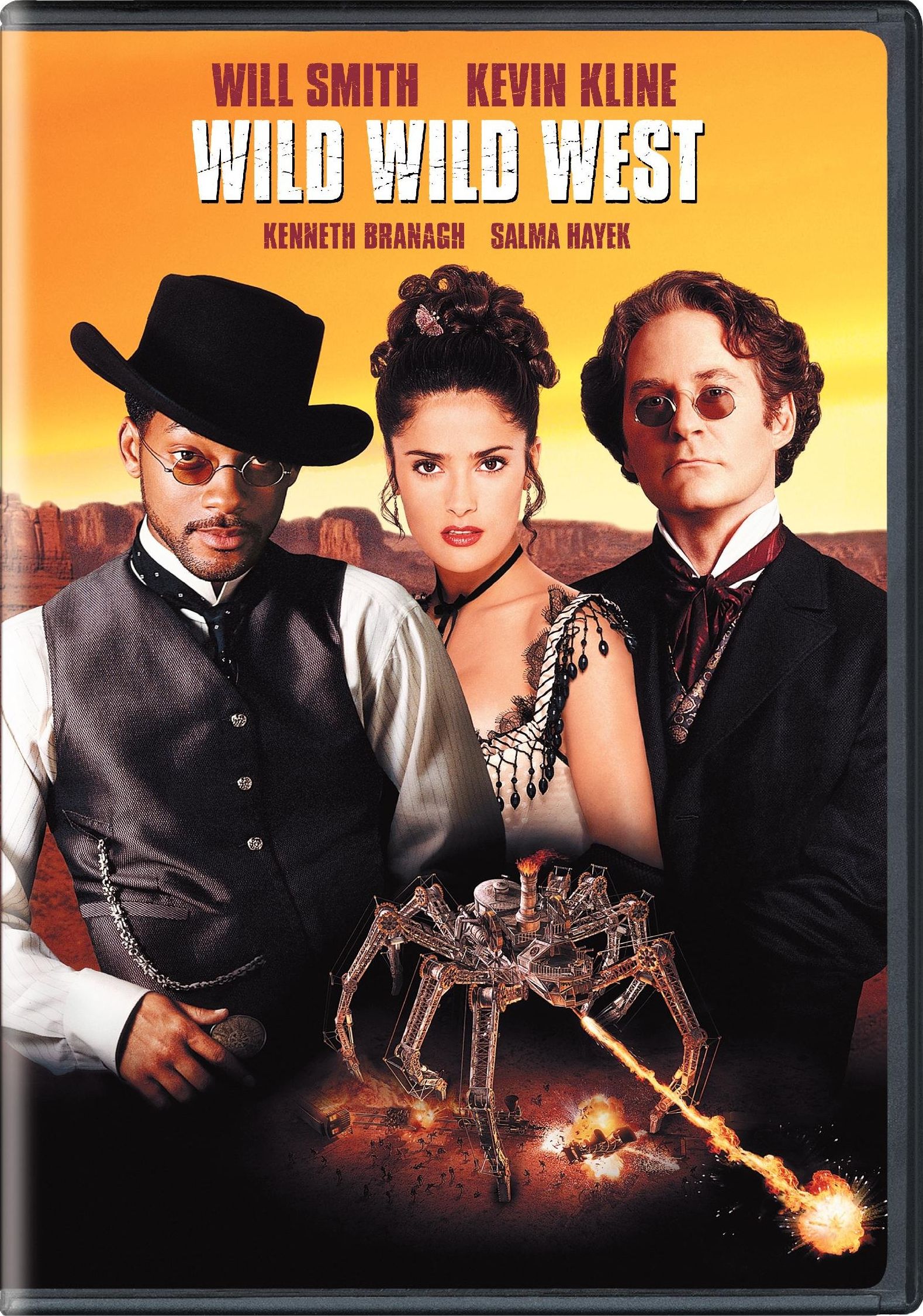 |
The actual email. Thanks,
Mark, for saying such nice
things about my work. |
I recently got an email from someone at
Zooppa, offering me a "filmmaking opportunity.” The opportunity is for me to create a commercial for a stapler company and if my finished piece is determined to be one of the ten best, I’ll get to share $25,000.
I’m not going to do it. And I suggest you don’t, either. Here's why:
Let’s say I’m the best of the best. And that each of the nine other submissions considered to be one of the ten best “wins" $50.00. That leaves me “winning” $24,550.
There’s a reason that word “winning” is in quotes. Because it isn’t winning. It’s earning.
To earn that money, I have to first work as a copywriter. I’d study the brief so I could get to know the marketing strategy, advertising strategy, and brand voice. I’d familiarize myself with the target market, understanding their perception of the brand and its competitors. I’d also evaluate the product and its competitive set to determine opportunities to communicate the benefits of a feature that would be relevant to the audience.
Only then would I be able to come up with a script.
 |
Me having an idea.
What it looks like. Really. |
Once the script is prepared, I’d have to work as a producer. I’d break down the script in order to create a budget to shoot the piece and put together all the necessary resources. I’d arrange for casting and location scouting, procure equipment and the people to operate it, secure insurance to cover something happening to a piece of equipment or a person. If anything costs money I’d have to pay for it.
By this point I would have already worked for about a week and spent something, even if it isn’t much.
If you’ve been reading my blog at all you know that working as a director involves a lot more than showing up and calling “action!” Before I can even dream of calling “action!" I'd have to cast actors, find locations, and create the world I want to create through art direction, lighting, and props.
When it finally comes time to shoot the piece, I'd get to be the director, but I'd never stop being the producer, the person to deals with the inevitable problems –– equipment that breaks or doesn’t show up, people who flake, actors who are happy to work for free, but simply MUST have fresh dahlias in their dressing rooms...
I wouldn't get to stop being a producer once the footage was all shot because there’d be equipment to return, a location to clean up, and crew members to pay. But I might also get to be an editor. Somebody’s got to digitize the footage, sync the sound, pull the selects, edit the piece, do a color-correct, and mix the audio.
Oh, and then there’s music. We might want music. And a voice over.
Is there a title that comes up with the logo? Yeah, someone would need to create that, too.
The deadline for submitting to Zooppa is September 22nd, which means I'd have three weeks to write, produce, direct, and finish this thing. Pretty tight, but yeah, I could do it if I worked every day.
Twenty years ago, I was bringing in $1,000 a day as a freelance copywriter, but let’s forget that I’d just come off a job as Senior Vice President/Creative Director at
BBDO Worldwide and let’s also forget that you'd need
$1,568 today to buy something that cost $1,000 in 1995. Instead, let’s say a copywriter is worth $350 a day.
Let’s also say a producer is worth $350 a day. And because we’re being all egalitarian and stuff, director/editors get to make $350 a day, too.
That means I’d be paying myself $22,050 to make this thing, which leaves a whopping $2,500 to pay the crew and actors, rent the location, props, and equipment, and buy the insurance.
And that’s if I win. Which I decided way up there at the top of this rant that I would.
You losers? All you other people who go to the same trouble that I do and who come in second? You'd get to spend $22,050 worth of your cut rate time and $2,500 of your money in order to collect $50. Plus you wouldn't get to say you made a real commercial.
Zooppa has come up with a business model that is predicated on people like me being willing to invest their time and money –– plus assume all the risk –– in order to create advertising on behalf of its clients. It's like a lottery, where the potential payout doesn't even cover the cost of the ticket.
So no, Zooppa, I won't be taking you up on this "opportunity", thank you very much. Even if it were my first time looking into the eyepiece of a camera –– and it isn't –– if I'm creating something a legitimate business values as part of its marketing communication, I deserve to be treated as a professional. And the people I hire to work with me do, too.
Don't get me wrong. I'm more than willing to cut my rate or work for free –– just like most everybody I know in this business –– but when I do it's because I either believe in the project, love the people, or see an opportunity to go to France.
Zooppa, you're asking me to invest both my time and money to further the marketing goals of a legitimate, profit-seeking enterprise. The only remuneration I'm guaranteed is two staplers, which I can keep as long as I promise to submit a commercial.
 |
| It's not a stapler. It's a paycheck. |
Three weeks' work for two staplers? Wow. What an "opportunity."
Brian Belefant is a diretor who is not shooting a stapler commercial this week and just happens to be available to work on something more legitimate, more worthy, or more likely to involve travel.


















